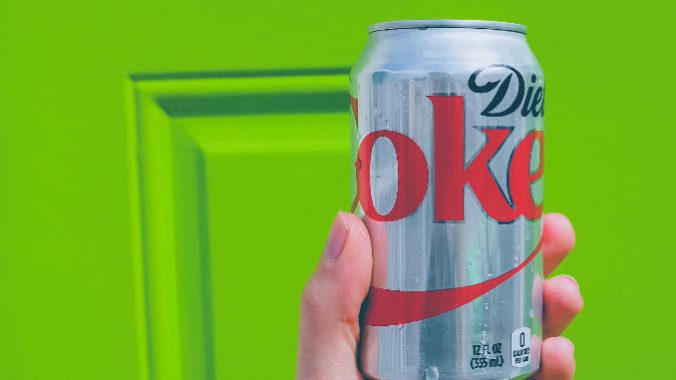We Shouldn’t Be Surprised That Influencer Dietitians Are Being Paid to Promote Processed Food
Photo by Kenny Eliason/Unsplash
A few days ago, the Washington Post published an article about how the food industry is paying influencer dietitians to peddle products with questionable ingredients, like excess sugar and aspartame, the latter of which the World Health Organization recently stated was “possibly carcinogenic,” or cancer-causing, to humans. The article has caused an uproar on some corners of the internet as some of these dietitians’ followers have begun to rightfully question the validity of their claims in light of their sponsorships by organizations like AmeriBev, a U.S. lobbying group that supports the beverage industry.
But anyone with their finger on the pulse of food politics shouldn’t be surprised by this reporting; corporations have largely steered the ship of food policy for decades now. Between the revolving door of food corporations and the FDA and USDA and the truly disgusting extent to which food lobbyists play a role in informing national nutritional guidelines, it’s not a shock that this type of marketing is taking place—social media is just a new, unfortunately unregulated arena in which it’s allowed to proliferate.
-

-

-

-

-

-

-

-

-

-

-

-

-

-

-

-

-

-

-

-

-

-

-

-

-

-

-

-

-

-

-

-

-

-

-

-

-

-

-

-








































